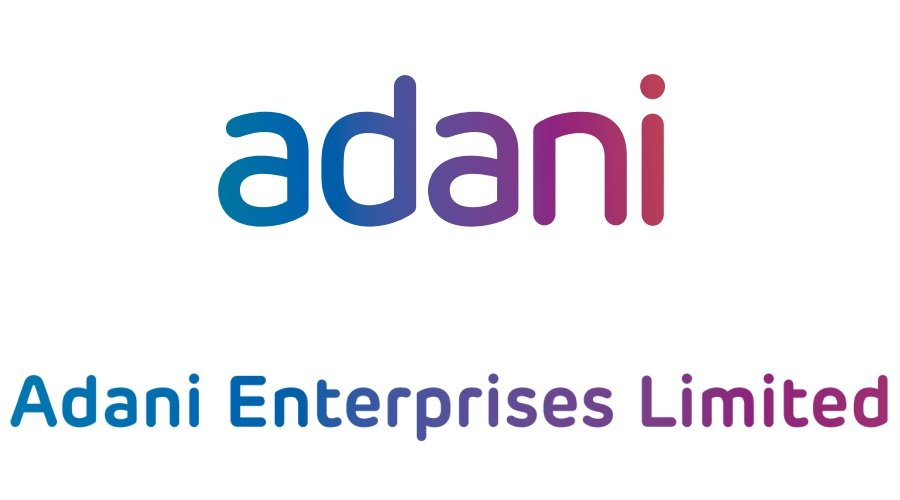Adani Enterprises achieved a significant milestone as it secured a Letter of Award (LoA) from the Solar Energy Corporation of India to establish manufacturing capacity for Electrolysers within the country. This initiative falls under the Strategic Interventions for Green Hydrogen Transition Scheme. The allocated incentive, totalling Rs 293.78 crore, will be disbursed over five years, starting from the commissioned date.
In last year’s competitive bidding process, twenty prominent companies, including industry giants like Reliance Industries, Adani Group, Jindal India, Larsen & Toubro, and Bharat Heavy Electricals, submitted bids to avail incentives for manufacturing electrolysers. This move aligns with India’s push towards green hydrogen, with the government inviting pilot bids in July to stimulate the production of green hydrogen and the manufacturing of electrolysers.
On a parallel note, the Adani group is making substantial commitments to Gujarat’s development, with plans to invest over Rs 2 lakh crore in the state over the next five years. This ambitious investment strategy will create approximately 100,000 direct and indirect job opportunities. Chairman Gautam Adani emphasized this commitment during an address at a recent summit, reiterating his dedication to contribute to the development of a flourishing Gujarat.
Furthermore, the Adani group’s investment plans are geared towards the green energy sector and infrastructure development. Notably, constructing a massive green energy park in Khavda, Kutch, touted as the world’s largest, is underway, with a capacity to generate a staggering 30 GW of renewable energy. The group is also strategically expanding its green supply chain, encompassing vital elements like solar panels, wind turbines, hydrogen electrolysers, green ammonia, and photovoltaic cells, and venturing into the expansion of copper and cement production.
This comprehensive investment strategy by the Adani group signifies a robust commitment to sustainability, innovation, and the region’s economic growth, contributing significantly to India’s renewable energy goals. However, for more updates, follow the IncBasil Website.





